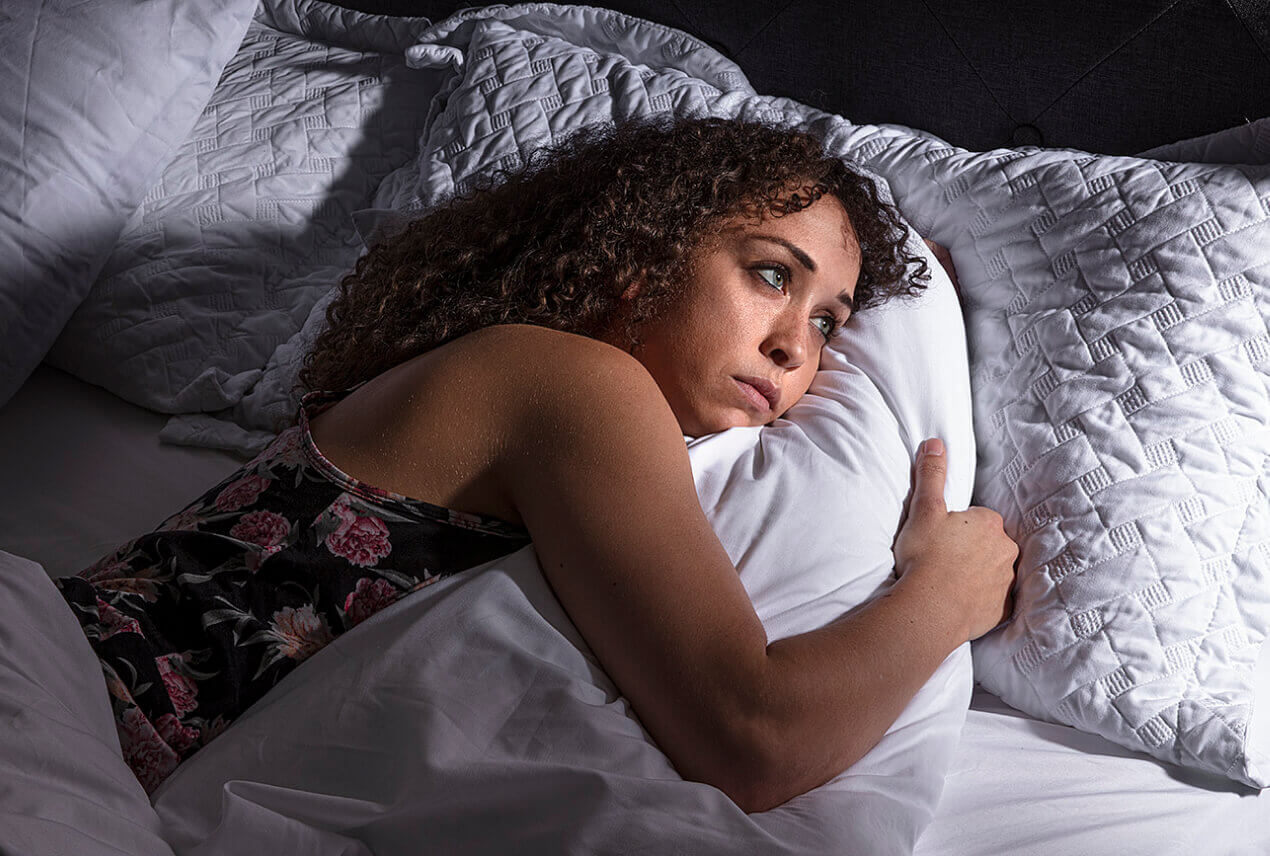We've all spent nights tossing and turning, unable to fall asleep or get back to sleep after awakening in the middle of the night. Our minds race, filled with thoughts of getting back to sleep or lingering on the tasks we need to do the next day. Then, when we finally get back to sleep, the alarm rings, jarring us out of bed. We drag ourselves to the shower, spend the day fatigued and find ourselves irritable and lacking focus. Sound familiar?
Nearly 32 percent of adults ages 18 years and older lack needed sleep, according to the Centers for Disease Control and Prevention (CDC). For high school students, the number rises to about 73 percent. That's a lot of sleep-deprived people going through their day as zombies.













